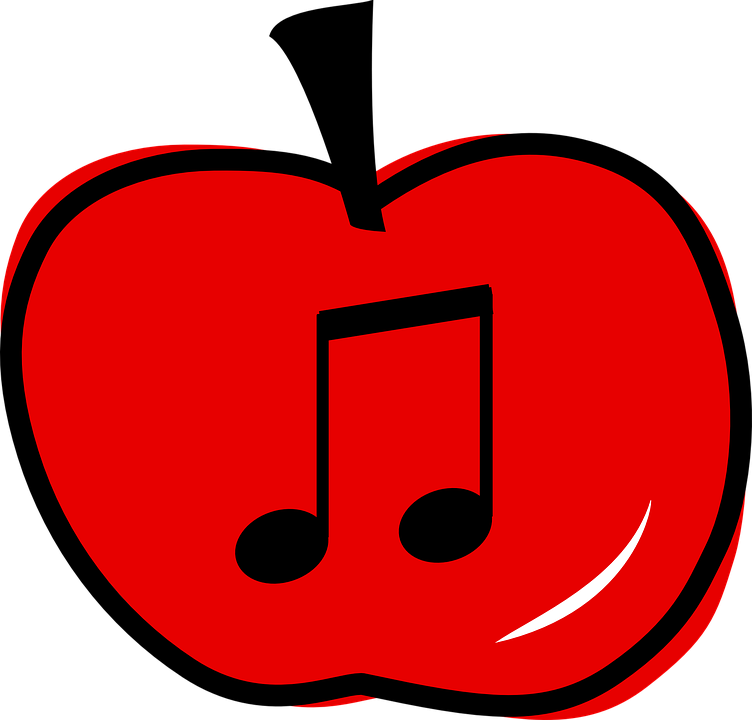As I prepare for the beginning of my Learning from Life placement (tomorrow!) I’ve been doing some reading about music education and the value and impact it can have on children.
There have been many studies which have investigated the benefits of music education. Standley (2008) and Hallam (2010) report that well planned music activities can improve children’s language and reading skills, and Roden et al. (2012) found that musical experience can aid memory skills.
These studies appear within a wealth of other research. Here are 2 TED Talks which consider the impact of music on brain development:
I particularly enjoyed this TEDx Talk, where Richard Gill discusses the value of music education:
The key points that I took from this talk include:
- Music education should be introduced with our young children;
- This can take the form of listening, focusing, and imitation, e.g. nursery rhymes;
- Music is not prescriptive, instead it evokes, suggests, and implies;
- Allows children to access a different way of thinking to the other curricular subjects;
- The act of singing can have links with the development of literacy;
- Music is worth teaching for it’s own sake;
- Every child should have access to properly taught music education, from a properly taught teacher.

The last point interested me, as I have also recently read an article which explores how trainee teachers feel about teaching music. This study was conducted in England, however I feel that the findings will also apply within Scotland. Hallam et al. (2009) agree that children have the right to a high quality music education, however the research shows that many trainee teachers and NQT’s feel unequipped and unable to teach this subject effectively.
The study showed that teachers who were able to play one or two instruments were more confident in teaching music, however this was a smaller percentage, meaning that in many classes and schools, music education is being neglected. Among other suggestions of more training and CPD for teachers in this curricular area, it was proposed that the use of specialist teachers, whether working independently or alongside the class teacher, could have a positive impact. Relating back to what Richard Gill said above; children should be provided with their music education from a properly taught teacher.

I have not yet decided whether this ‘properly taught teacher’ needs to be a specialist, or whether it can simply be a primary teacher who embraces music in the same way as any other curricular area. There are many of us on my course who would admit that we are less confident teaching maths, science, ICT… however we wouldn’t dream of avoiding these subjects! Instead, we must recognise that it’s our responsibility to continually develop our own professional knowledge and skills.
I hope that my Learning from Life placement will allow me to develop my own confidence and skills in teaching music. Despite being able to play 2 instruments, I currently lack confidence in this subject, perhaps because I am not fluent at reading musical notation. My visit day has already helped me to feel slightly more confident as I was able to see the level at which the children were working, and how this was linked with the ‘figurenotes’ approach. During my placement, I will have the opportunity to work with a variety of music specialists, where I can observe and learn some of their techniques and teaching methods. While working with the children, I will also be able to practice working with sheet music and notation. I hope that this will improve my ability to teach my future classes, allowing them to benefit from the highest quality of music education that I can offer. I also hope that my musical experience may allow me to support other students and even teachers who lack confidence in this area.

“I would teach children music, physics, and philosophy; but most importantly music, for the patterns in music and all the arts are the keys to learning” – Plato
References:
Hallam, S., Burnard, P., Robertson, A., Saleh, C., Davies, V., Rogers, L., and Kokatsaki, D. (2009) ‘Trainee primary-school teachers’ perceptions of their effectiveness in teaching music’ in Music Education Research, 11(2). http://dx.doi.org/10.1080/14613800902924508
Hallam, S. (2010) ‘The power of music: Its impact on the intellectual, social and personal development of children and young people’ in International Journal of Music Education, 28(3). DOI: 10.1177/0255761410370658
Roden, I., Kreutz, G. and Bongard, S. (2012) ‘Effects of a school-based instrumental music program on verbal and visual memory in primary school children: a longitudinal study’ in Frontiers in Psychology, 3. https://doi.org/10.3389/fpsyg.2012.00572
Standley J. (2008) ‘Does Music Instruction Help Children Learn to Read?’ in Applications of Research in Music Education, 27(1). DOI: 10.1177/8755123308322270

Love the Plato quote… Personally I don’t think there is a need for specialists in primary, there is a need for teachers who strive to be specialists in everything (ok I know this a little bit Govian!). And thus requires teachers who are keen to learn, and enjoy the process. So I’ll take a look at the Ted Talks to help me learn some more.